- 1Dolphin100%

Dolphins captivate humans with their intelligence, playful behavior, and remarkable communication skills. Found in cultures around the world, dolphins symbolize joy, protection, and guidance. The ancient Greeks associated them with gods like Poseidon and Apollo, while modern studies have revealed their extraordinary problem-solving abilities and complex social structures. Their friendly, acrobatic nature has made them favorites in marine parks, literature, and environmental movements.
- 2Ape100%
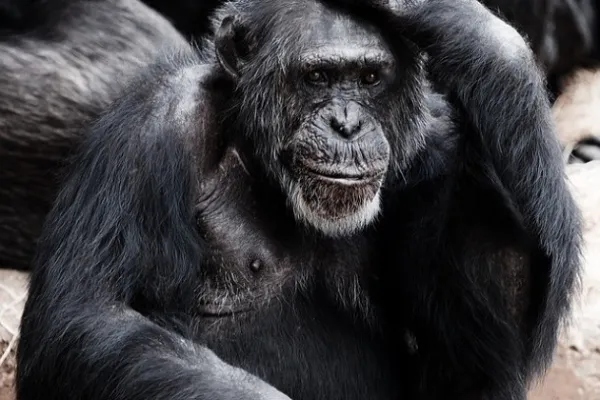
Apes, including gorillas, chimpanzees, and orangutans, fascinate us because of their close genetic connection to humans. They display remarkable intelligence, emotion, and tool use, challenging our understanding of what separates humans from other animals. Apes feature prominently in myths and folklore, from Hanuman in Hindu mythology to the legendary King Kong. Today, they are a key focus of conservation efforts due to habitat destruction and poaching.
- 3Gray Wolf100%
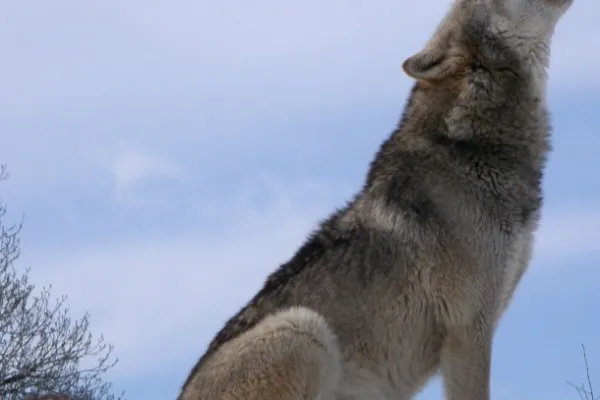
The gray wolf is a powerful symbol of wilderness, loyalty, and resilience. Revered in mythology and folklore across cultures, from Norse legends to Native American traditions, the wolf represents both ferocity and strong family bonds. Wolves were once widely feared and hunted to near extinction, but conservation efforts have helped restore their populations, reigniting debates over their role in balancing ecosystems.
- 4Bear100%
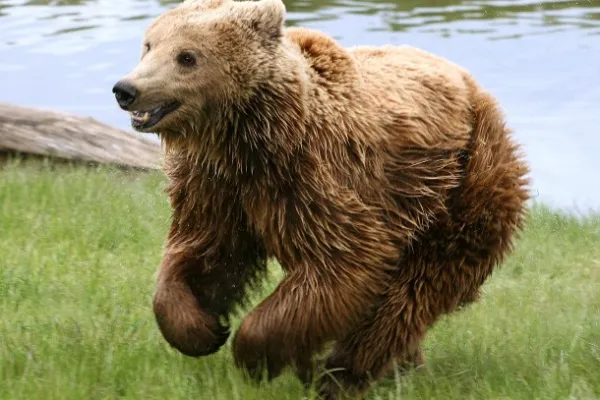
Bears have long been associated with strength, solitude, and introspection. In Native American traditions, they are revered as powerful spirit animals, while in European folklore, they often symbolize kingship and bravery. Their ability to hibernate and emerge anew each spring has also made them symbols of renewal. Despite their cuddly portrayal in children’s stories, bears are formidable creatures, with species like the grizzly bear commanding both awe and respect in the wild.
- 5Chicken100%
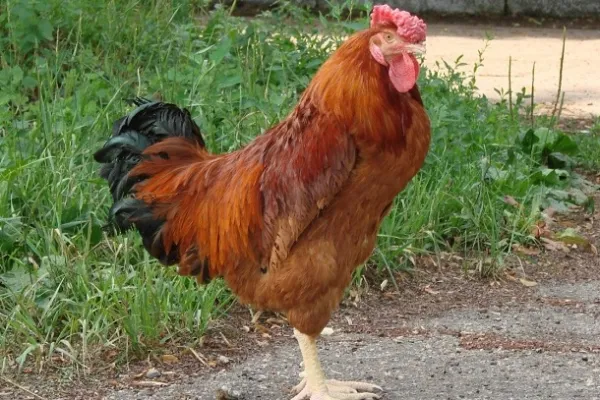
Chickens have been domesticated for thousands of years and are a cornerstone of agriculture worldwide. While they are often associated with food production, they are also intelligent, social creatures capable of complex communication. In many cultures, the rooster symbolizes vigilance and protection, often appearing in folklore and national emblems. Chickens' surprising cognitive abilities and unique behaviors continue to intrigue scientists and animal lovers alike.
- 6Horse100%
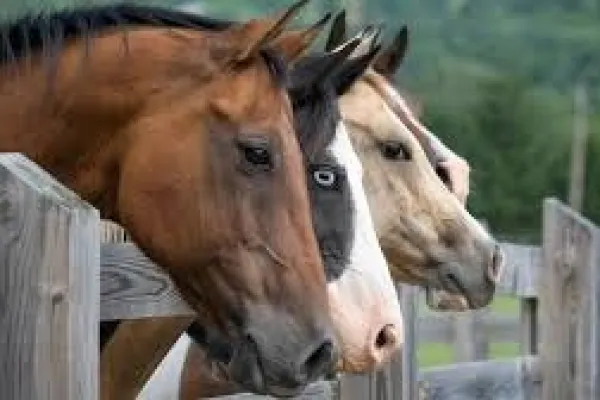
The horse has been one of humanity’s greatest companions, playing a crucial role in transport, agriculture, warfare, and sport. Revered in mythology, from the winged Pegasus to the Trojan Horse, they symbolize power, endurance, and freedom. Domesticated over 5,000 years ago, horses have shaped human civilization, from ancient battlefields to modern equestrian sports. Their deep bond with humans and their majestic beauty continue to make them one of the most beloved animals in the world.
- 7Cat100%

Cats have captivated humans for millennia, from their worship in ancient Egypt to their modern status as beloved pets. They symbolize independence, mystery, and agility, often appearing in folklore and superstitions. Known for their hunting prowess and enigmatic behavior, cats have adapted seamlessly to domestic life while maintaining their wild instincts. Whether revered as good luck charms or feared as omens, their presence is undeniable in cultures worldwide.
- 8Dog100%

Dogs have earned their title as "man’s best friend" through their unwavering loyalty and companionship. Domesticated for thousands of years, they have played roles in hunting, herding, protection, and emotional support. Different breeds have been tailored for specific tasks, from search-and-rescue to therapy work. Their deep bond with humans, coupled with their keen intelligence and ability to understand human emotions, makes them one of the most cherished animals globally.
- 9Penguin100%
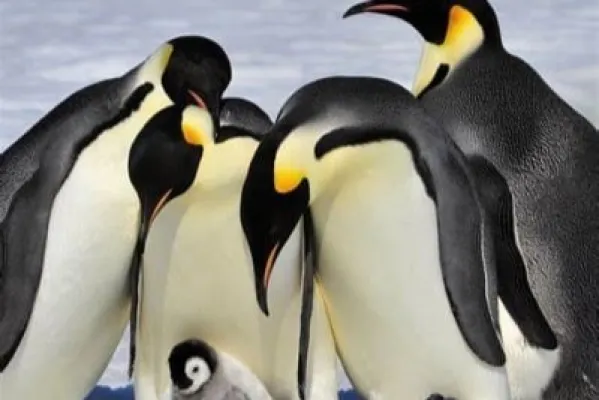
Penguins, with their charming waddles and strong social bonds, capture the hearts of people worldwide. Adapted to some of the harshest environments on Earth, particularly in Antarctica, they symbolize endurance and teamwork. Unlike most birds, penguins are expert swimmers rather than fliers, relying on their streamlined bodies to navigate icy waters. Their devoted parenting behaviors, particularly the Emperor Penguin, highlight the deep familial connections within the animal kingdom.
- 10Giraffe100%

With their towering height and distinctive spotted coats, giraffes symbolize grace, uniqueness, and vision. Found only in Africa, they have long fascinated humans, appearing in ancient cave paintings and modern conservation efforts. Despite their gentle nature, giraffes face threats from habitat loss and poaching. Their ability to reach high into trees for food makes them a keystone species, essential for maintaining ecological balance in their habitats.
- 11Tiger100%
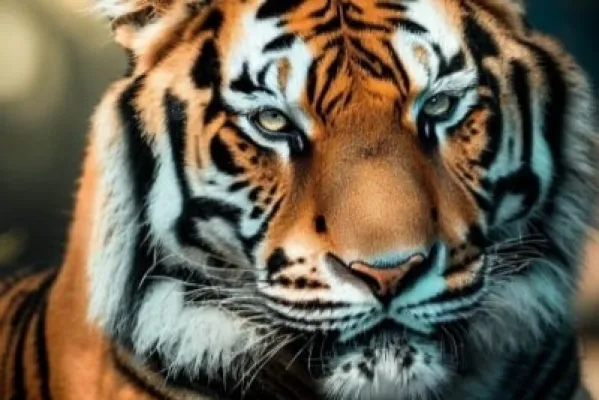
The tiger, one of the most powerful and majestic big cats, symbolizes strength, courage, and independence. Featured prominently in Asian mythology and folklore, tigers are often seen as protectors or divine beings. Their striking orange and black stripes make them one of the most visually captivating predators, yet they are also among the most endangered. Conservation efforts aim to protect this iconic species from poaching and habitat destruction.
- 12Deer75%
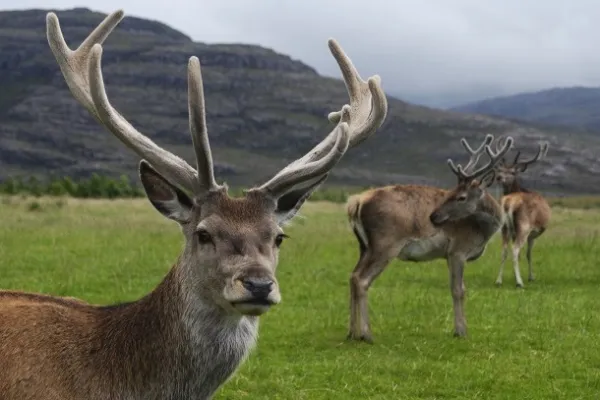
Deer are admired for their grace and beauty, often associated with purity, gentleness, and nature. They feature prominently in folklore and literature, from the Celtic stag to the beloved character Bambi. In some cultures, deer represent spiritual awakening, as seen in Buddhist traditions where a deer was present at the Buddha’s first sermon.
- 13Cow50%
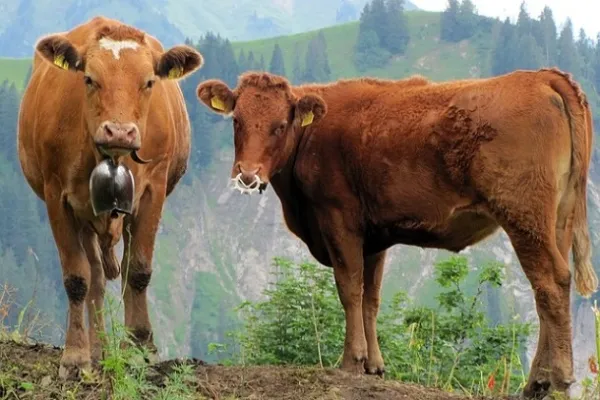
Cows have played an essential role in human civilization for thousands of years, providing milk, meat, and labor. They hold deep spiritual significance in Hindu culture, where they are revered as sacred animals. In many societies, cows symbolize prosperity and nourishment. Famous cows in history include the mythological Hathor, the Egyptian goddess associated with motherhood and fertility.
- 14Rabbit50%
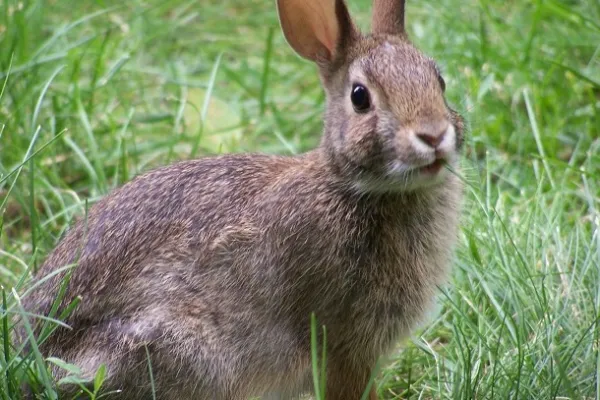
Rabbits symbolize fertility, luck, and new beginnings, often linked to springtime and Easter. The moon rabbit appears in Chinese and Japanese mythology, while in Western culture, rabbits like Bugs Bunny have become iconic figures. Their rapid reproduction has made them a symbol of abundance, though in some places, they are also considered pests.
- 15Elephant50%
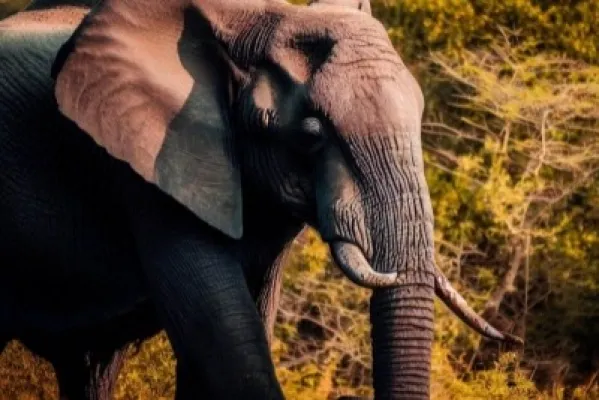
Elephants, known for their intelligence, deep family bonds, and incredible memory, have been revered in many cultures, from Hinduism’s Ganesha to Africa’s sacred elephant traditions. As the largest land animals, they shape their environments, playing a crucial role in ecosystem maintenance. Sadly, their populations face serious threats due to poaching and habitat loss, making them central figures in conservation efforts worldwide.
- 16Pony0%

Ponies, beloved for their small size and gentle nature, have been cherished companions, especially for children. They have a rich history in agriculture, warfare, and transport, with breeds like the Shetland and Welsh ponies being particularly famous. The enduring appeal of ponies extends into mythology, with creatures like Pegasus inspiring awe, and in popular culture through children's media, notably My Little Pony.
- 17Lobster0%
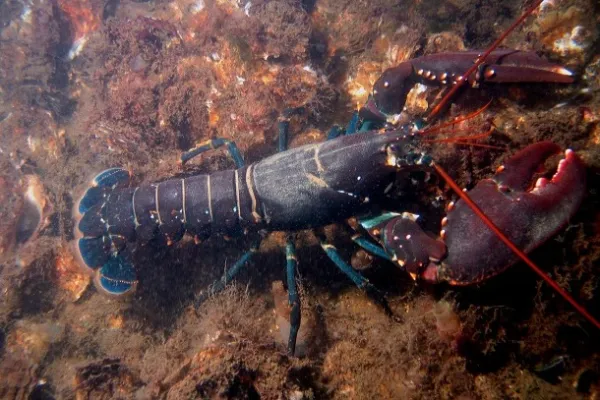
Once considered a poor man's meal, lobster has become a luxury seafood item worldwide. These crustaceans have existed for millions of years and are known for their ability to regenerate limbs. In folklore, they are sometimes associated with longevity due to their unique biology, allowing some species to live for decades. Their cultural significance extends to maritime economies, particularly in places like Maine and Nova Scotia.
- 18Monkey0%
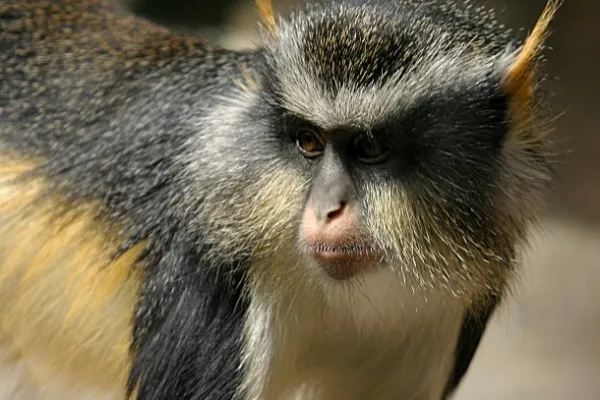
Monkeys are symbols of curiosity, intelligence, and mischief. Found in mythology from China’s Sun Wukong to the Hindu deity Hanuman, they often represent cleverness and agility. Monkeys are also central in scientific studies, having been used in space programs and behavioral research. Their playful nature and close genetic link to humans make them both endearing and fascinating.
- 19Duck0%

Ducks are beloved for their playful nature and adaptability. They have strong symbolic meanings, often representing resourcefulness and emotional stability. Ducks appear in many myths and fables, such as The Ugly Duckling, which conveys themes of transformation and self-acceptance. Domesticated ducks have provided food and companionship for thousands of years.
- 20Turkey0%
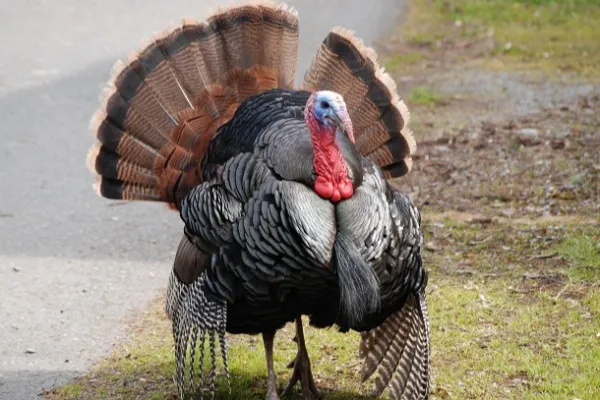
More than just the centerpiece of Thanksgiving feasts, turkeys have a rich history dating back to their domestication by Indigenous peoples of Mexico. These intelligent and resourceful birds were once considered for the role of the U.S. national bird by Benjamin Franklin, who admired their cunning nature over the bald eagle. In the wild, turkeys display impressive survival skills, able to fly short distances and communicate with a variety of vocalizations.
- 21Lion0%
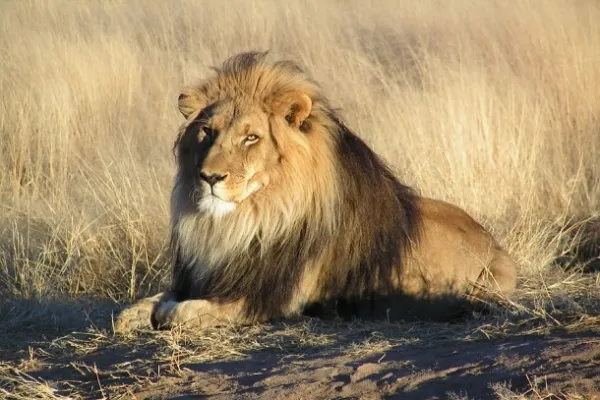
The lion has long been a universal emblem of strength, bravery, and royalty. Featured prominently in coats of arms, national symbols, and mythology—such as the Nemean Lion of Greek legend—this majestic predator commands respect. Lions live in prides, a rarity among big cats, emphasizing family structure and cooperation. Despite their status as "king of the jungle," they face threats from habitat loss and poaching, making conservation efforts critical to their survival.
- 22Shark0%

Sharks are some of the ocean’s most ancient and misunderstood predators. While often portrayed as menacing in films like Jaws, they are crucial to marine ecosystems, maintaining balance in the food chain. With some species dating back over 400 million years, sharks are evolutionary marvels, equipped with electroreception and highly refined senses. Despite their fearsome reputation, human activities pose the real threat—millions of sharks are killed each year for their fins.
- 23Bird0%
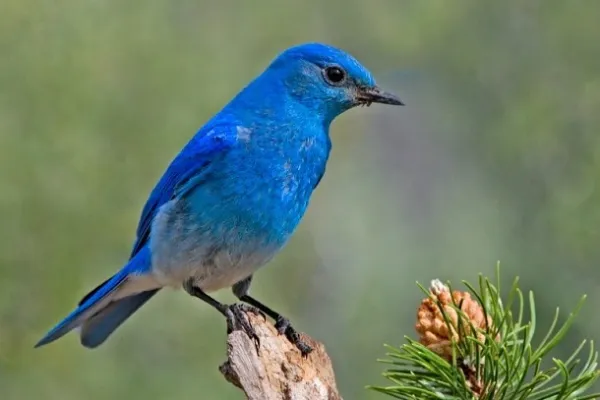
Birds symbolize freedom, transcendence, and adaptability, inspiring humans for centuries with their ability to soar through the skies. They play key roles in ecosystems as pollinators, seed dispersers, and indicators of environmental health. From the sacred ibis of ancient Egypt to the mythological Phoenix rising from the ashes, birds have deep cultural and spiritual significance worldwide. Their diversity ensures their continued admiration across the globe.
- 24Rhinoceros0%
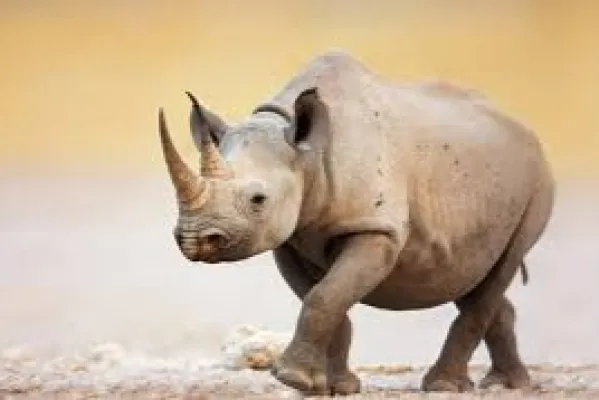
Rhinoceroses, with their prehistoric appearance and formidable horns, symbolize strength and resilience. These massive herbivores have been targets for poaching due to the high demand for their horns in illegal wildlife trade. Conservationists have worked tirelessly to protect rhinos, making them a symbol of the ongoing battle against wildlife exploitation.
- 25Zebra0%
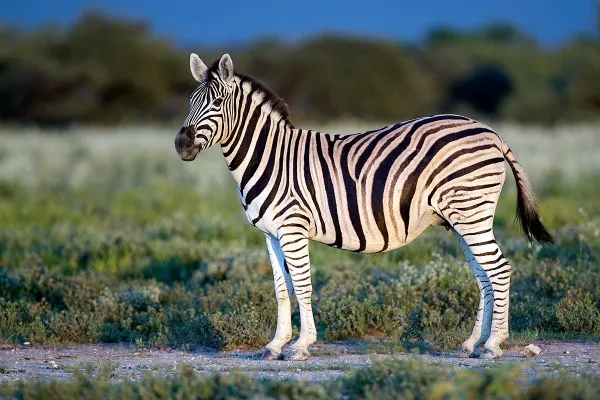
Zebras are known for their striking black-and-white stripes, which provide camouflage and social bonding cues. Symbolizing individuality and unity, zebras are key figures in African ecosystems, helping to maintain grassland health. Their mysterious patterns and tight-knit herds make them a fascinating and admired species.
Add Your Vote